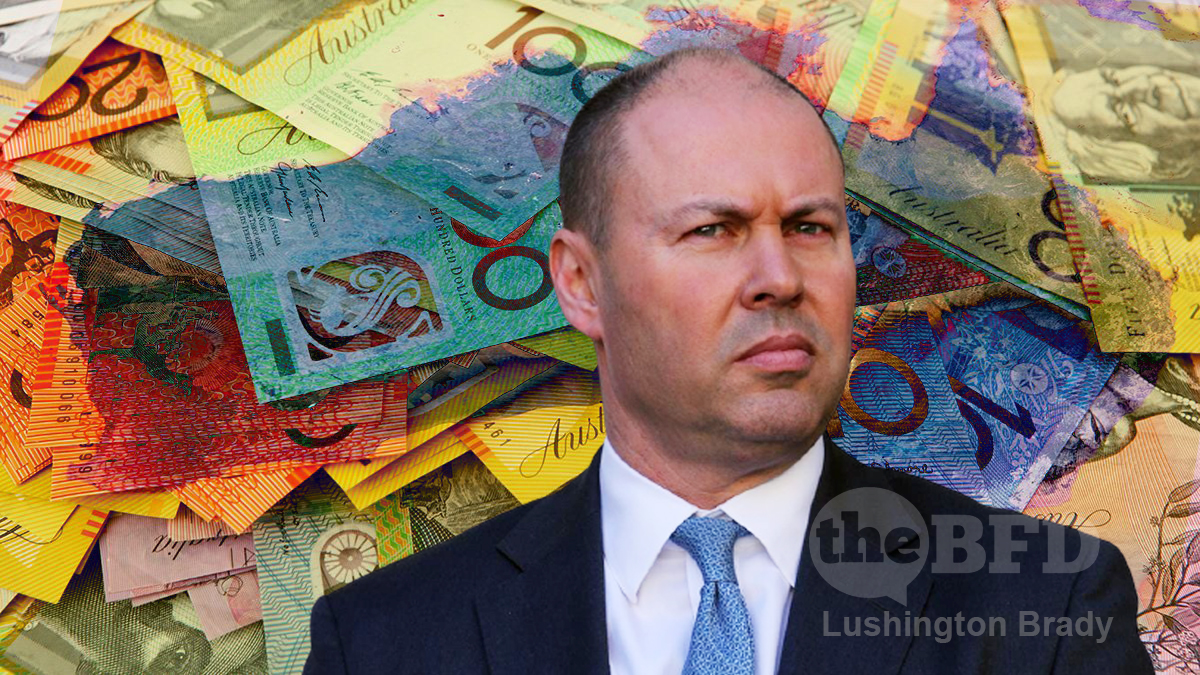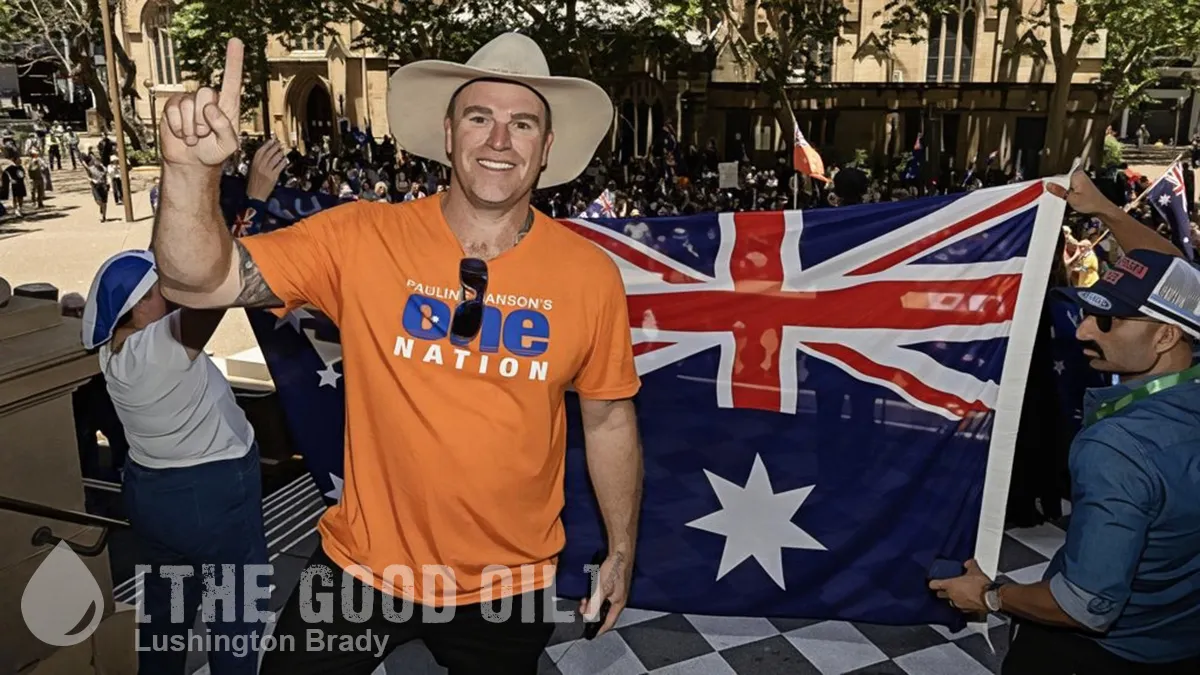Table of Contents
As I wrote this week, the great economic danger facing Australia as it struggles – hopefully – out of COVID panic is an explosion in government debt. Debt is not of course an evil in itself, as any business which has ever taken out a loan to finance growth knows. But, as the Rudd government showed, debt incurred as Keynesian stimulus quickly becomes an ever-heavier millstone in the absence of a feasible plan for growth.
The Morrison government has saddled itself with some debts that, while politically popular, threaten to become a millstone, such as the “temporary” doubling of benefits. But treasurer Josh Frydenberg’s budget, handed down yesterday, has some revolutionary plans for growth – especially for small-to-medium businesses, which have been hammered by COVID-panicked shutdowns.
While the headlines are about the deficit, what the budget has done is introduce a world class, partly cashflow based tax system for small to medium enterprises with turnover up to $5bn. And it has also taken a significant step to make large companies pay small enterprises in 20 days.
And that’s just the start. The budget and the pandemic have combined to accelerate change. Australia will be a very different place in the next few years. Those enterprises that don’t wake up face survival dangers and success will come to those that can adapt.
Until the first months of 2020, the Morrison government was entirely dedicated to eliminating debt. This budget was supposed to see Frydenberg announcing a return to surplus. In the face of COVID, the government has turned on a dime.
Fast forward nine months and we are running up enormous deficits which change the dynamic of the society with vast amounts spent on infrastructure and big tax cuts for consumers and small traders, as well as a whole new agenda for encouraging the development of skills-based employment.
The spraying of money boosts share prices and other asset values.
There are also tax breaks for the “vaccine businesses” – airlines, restaurants, tourism – who are being crushed while governments wait for a vaccine in order to return to normal.
Provided their turnover is less than $5bn those enterprises will be able to claw back taxation paid in previous years if they have run into losses. That alone will save countless businesses, but if their head is above water they will also be able to update their systems and technology.
Rather than just hand out corporate tax cuts, the government is targeting tax breaks to encourage growth, especially in small-to-medium companies.
The Calderon plan was not to cut the corporate tax rate but to give immediate capital expenditure write offs and greater research grants[…]Frydenberg has backed the Calderon plan but limited the capital writeoffs to companies with turnover of less than $5bn and limited the measure to June 2022.
Aside from government incentives, the pandemic panic has shown businesses new ways to streamline their enterprises and tap markets. Builders, for example, have found that virtual tours are just as effective at selling homes as building actual display homes.
With interest rates at historic lows, money can be borrowed virtually free. As the GFC showed, this is a two-edged sword: many enterprises will use the money to grow and prosper, but some will be encouraged to take too-high risks.
But one of the biggest changes will also be one of the most politically popular: helping Australia to make things again and decouple our economy from China.
[Manufacturing] is now back in favour and the government is looking at grants and other ways of assisting manufacturers. We are helped by the fact that new technology enables Australia to produce goods without relying on vast scale to lower individual product costs.
There is a big rise in demand for Australian made-goods. A large number of our surviving manufacturers are small to medium-sized enterprises. They can now write off new investment, so with updated equipment they can be very efficient. In addition, we have a government dedicated to reducing energy costs, which is vital for a manufacturing sector.
As budget measure after budget measure shows, Canberra has finally re-discovered small and medium-sized business. Credit must be given to Frydenberg and small business minister Michaelia Cash.
This is the second time in just over a decade that Canberra has charged into Keynesianism-on-steroids. But this time at least, the government has a plan beyond just throwing money and hoping it sticks.

Australian treasurer Josh Frydenberg has delivered a potentially revolutionary budget. The BFD. Photoshop by Lushington Brady
If you enjoyed this BFD article please consider sharing it with your friends.









